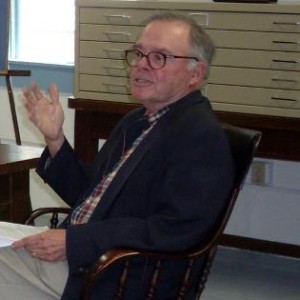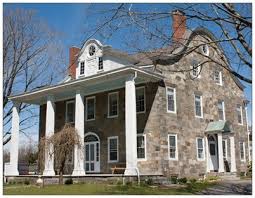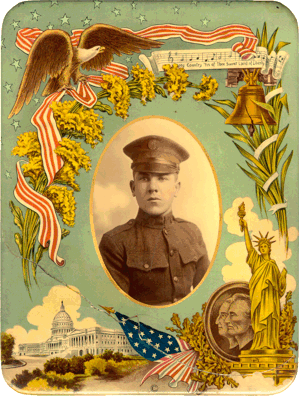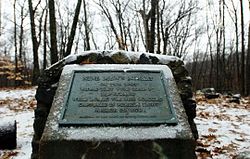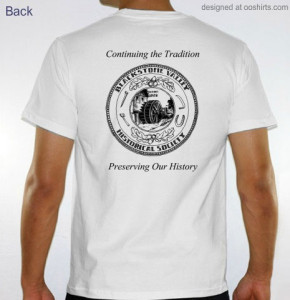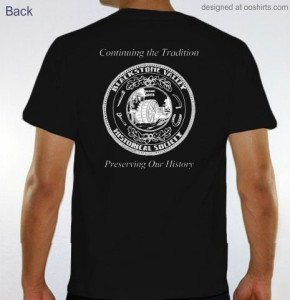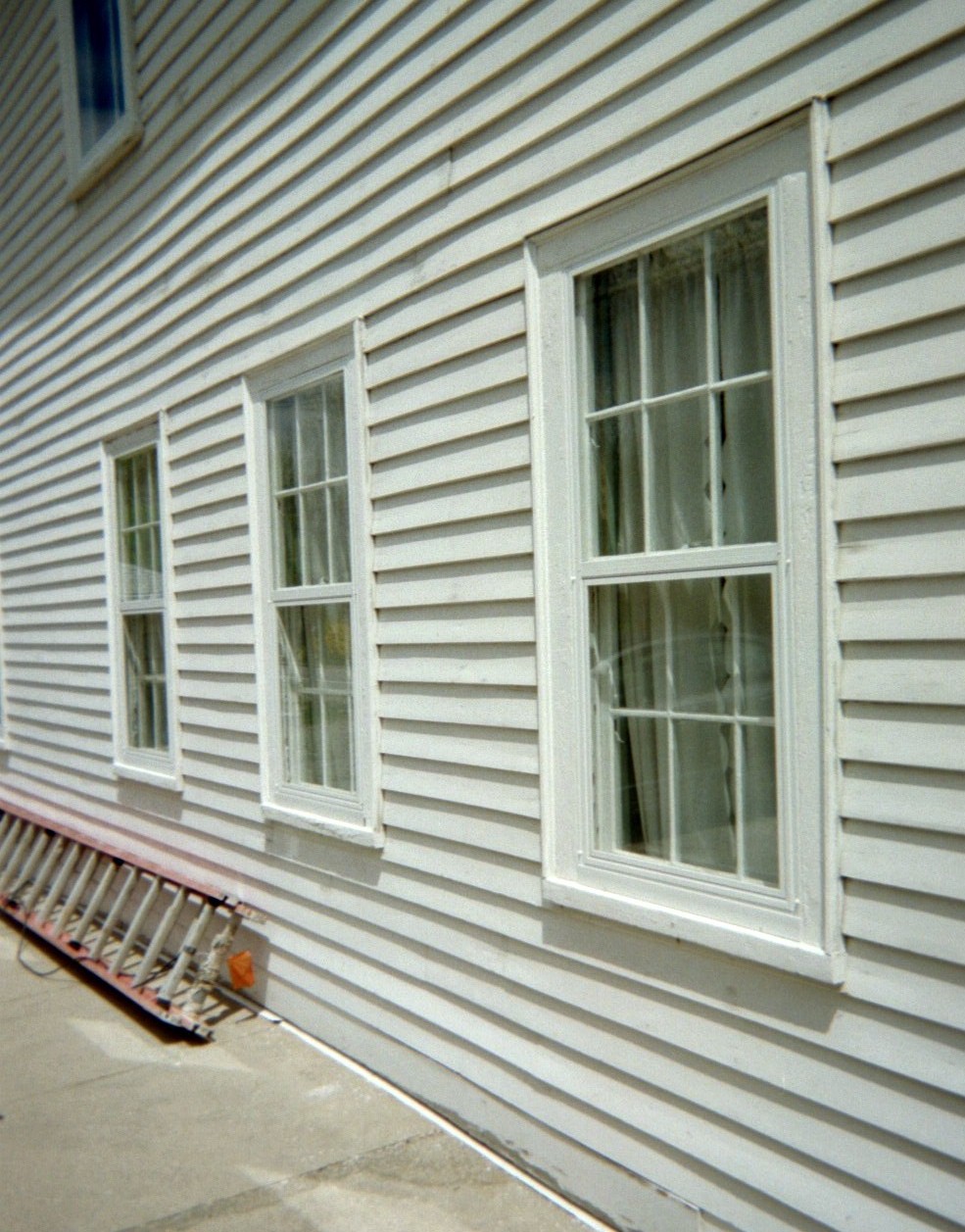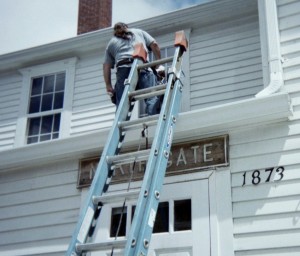On April 26, Al Klyberg, noted local historian, will be inducted into the R. I. Heritage Hall of Fame.
The Rhode Island Heritage Hall of Fame was founded in 1965 to honor the contributions of those whose efforts have added significantly to the heritage of the State of Rhode Island.
Al Klyberg has lived along the Blackstone Canal in Lincoln for forty years. For thirty of those he was executive director of The Rhode Island Historical Society. He was the project director for the documentary editions of the Papers of General Nathanael Greene and the Correspondence of Roger Williams. He managed the development of the Museum of Work and Culture in Woonsocket, was a founding member of the Rhode Island Black Heritage Society, and principal organizer of the Heritage Harbor Museum initiative. He has conducted planning studies for Hannaway Blacksmith Shop, Chase Farm, and Moffett Mill in Lincoln and participated in the planning for Kelly House Museum in the Blackstone River State Park. He was a seasonal park ranger there for ten summers. Recently, he authored a centennial history of the RI State Parks.
Klyberg holds history degrees from the College of Wooster, Wooster, Ohio and the University of Michigan. He received a Doctor of Humane Letters degree from Rhode Island College and was appointed to the National Museum Services Board by President Jimmy Carter.
Biography from http://livelyexperiment.org/ri-1663-colonial-charter-commission-members/al-klyberg/
